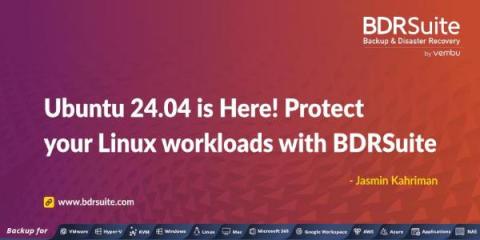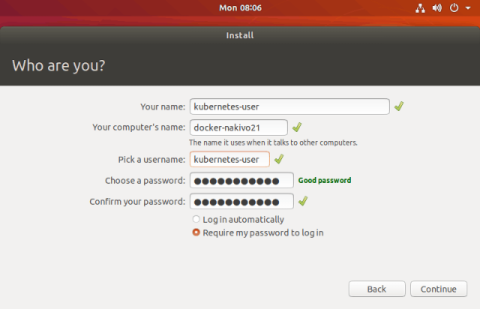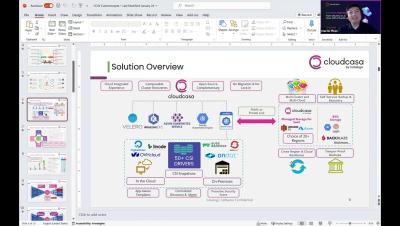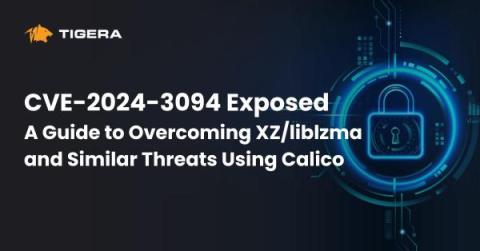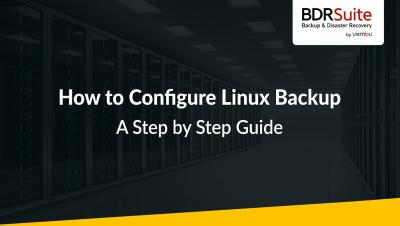Volatile Data Acquisition on Linux Systems Using fmem
The content of this post is solely the responsibility of the author. LevelBlue does not adopt or endorse any of the views, positions, or information provided by the author in this article. Memory forensics is a critical aspect of digital forensics, allowing investigators to analyze the volatile memory of a system to uncover evidence of malicious activity, detect hidden malware, and reconstruct system events.



